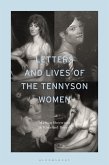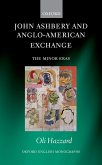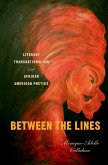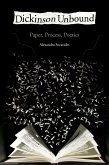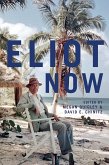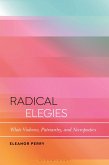Reorienting understandings of Adrienne Rich's later work through her interest in Marx and Marxist politics, this book engages with this overlooked part of her oeuvre through considerations of issues such as race, nationhood, and gender.
From 1983 onward, after she visited revolutionary Nicaragua until the end of her life, Rich's political vision can best be described as Marxist-Humanist. Until recently, very little attention has been paid to Rich's "interest" in Marx; there is no in-depth treatment of the effect of Marx's humanistic philosophy on Rich's later work, or even on her unwavering, but altered dedication to Women's Liberation. This book fills this gap, showing how Rich's discovery of Marx's humanism affected her poetry. In doing so, it makes a significant intervention into debates about the direction of American poetics and argues powerfully for a greater consciousness of political engagement through poetry.
From 1983 onward, after she visited revolutionary Nicaragua until the end of her life, Rich's political vision can best be described as Marxist-Humanist. Until recently, very little attention has been paid to Rich's "interest" in Marx; there is no in-depth treatment of the effect of Marx's humanistic philosophy on Rich's later work, or even on her unwavering, but altered dedication to Women's Liberation. This book fills this gap, showing how Rich's discovery of Marx's humanism affected her poetry. In doing so, it makes a significant intervention into debates about the direction of American poetics and argues powerfully for a greater consciousness of political engagement through poetry.




